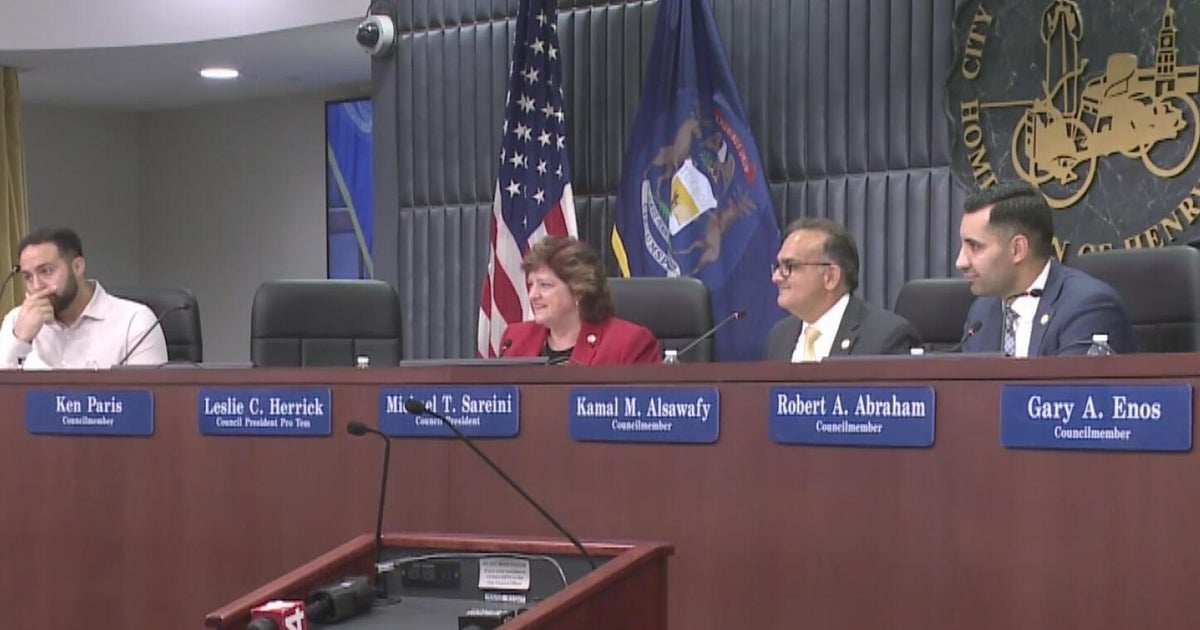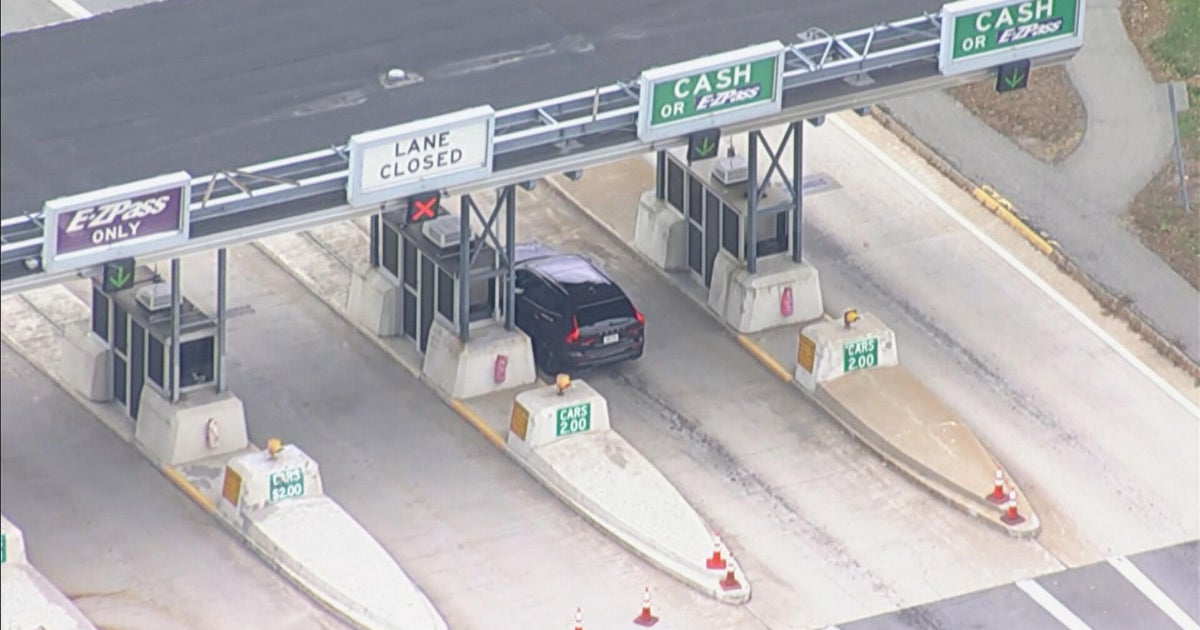FL senate passes bill that would change how some cities police vacation rentals
PINELLAS COUNTY, Florida -- Drunken bachelor parties. Loud pool parties. Speeding golf carts.
As neighbors have testified, all are sometimes the byproduct of some short-term vacation rentals like Airbnbs and VRBOs.
"People want to party not in their neighborhood but in somebody else's neighborhood," said John Pfanstiehl, who lives in Indian Rocks Beach, at a meeting earlier this month.
It's an issue that's plagued many of the state's coastal communities for years, but now, some feel a statewide solution is finally near.
Thursday night, the Senate passed a bill regulating short-term vacation rentals in a 28-10 vote.
"It's not perfect. Nothing up here we do is perfect. We all recognize that," said Sen. Nick DiCeglie, who sponsored the bill.
However, DiCeglie, who lives near vacation rentals in Indian Rocks Beach, thinks the bill will give local governments tools to police problem rentals. It would require a short-term rental's owner to register the unit with both the state and local government, if applicable.
It would also create a process of penalizing and suspending any rental owners whose renters repeatedly violate a local government's noise, parking, or trash ordinances.
If a rental owner or operator violates such a local ordinance or registration requirement, and the local government provides the owner or operator with a written notice or warning after each violation, a rental's registration will be suspended for a period of up to 30 days after three or more violations during a 90 day period. A rental's registration will be suspended for up to six months "for a subsequent violation within six months of the prior suspension period." "If we're going to give these tools to the local government, we want to do that in a fair and balanced way," DiCeglie said before his bill was passed.
DiCeglie's own mayor, however, does not see the bill as a useful tool for local governments.
"What tools [is the bill] giving us?" Mayor Cookie Kennedy asked rhetorically in an interview with ABC Action News after the vote. "Because we feel like they're taking away our tools."
Kennedy and other coastal leaders have been fighting the bill and arguing that it will actually restrict a local government's ability to regulate problem rentals.
According to the bill, a local government can only require the owner or operator of a vacation rental to:
Submit identifying information about the owner or the owner's agents and the subject vacation rental property. Obtain a license issued by the division to operate as a vacation rental. Obtain all required tax registrations, receipts, or certificates issued by the Department of Revenue, a county, or a municipal government. Update required information on a continuing basis to ensure it is current. Comply with parking standards and solid waste handling and containment requirements, so long as such standards and requirements are not imposed solely on vacation rentals. Designate and maintain at all times a responsible party who is capable of responding to complaints and other immediate problems related to the vacation rental, including being available by telephone at a provided contact telephone number 24 hours a day, 7 days a week, and receiving legal notice of violations on behalf of the owner. State the maximum occupancy of the vacation rental based on the number of sleeping accommodations for persons staying overnight in the vacation rental. Pay in full all recorded municipal or county code liens against the subject property. Provide to guests information related to health and safety concerns and applicable laws, ordinances, or regulations by posting on the property or by delivery to guests.
Various municipalities across the state already have broader regulations in place. Indian Rocks Beach is one vote away from having its own wide-ranging ordinance to regulate its growing number of short-term rentals.
If the Senate bill ultimately becomes law, many of those local ordinances — including the one being considered in Indian Rocks Beach — would be partially or fully preempted.
"Our residents' voices are being taken away," said Redington Beach Mayor David Will. "The bill gives us nothing. It does not give us any more tools than we already have to regulate short-term rentals."
As Will explained, while the bill will allow communities to restrict a vacation rental's parking requirement and occupancy limit, such a rule must apply to everyone, including non-short-term rentals.
"So a short-term rental is regulated the same way a residential home would be regulated," he said.
He and others feel the bill will have the opposite effect and cause more headaches for the people who live next to problematic short-term rentals, and both he and Kennedy will continue to push back.
"I'm still hopeful, and I'm still standing and we're still fighting in Indian Rocks Beach, and we're fighting for everybody," Kennedy said.
The House version of the bill has yet to pass.







